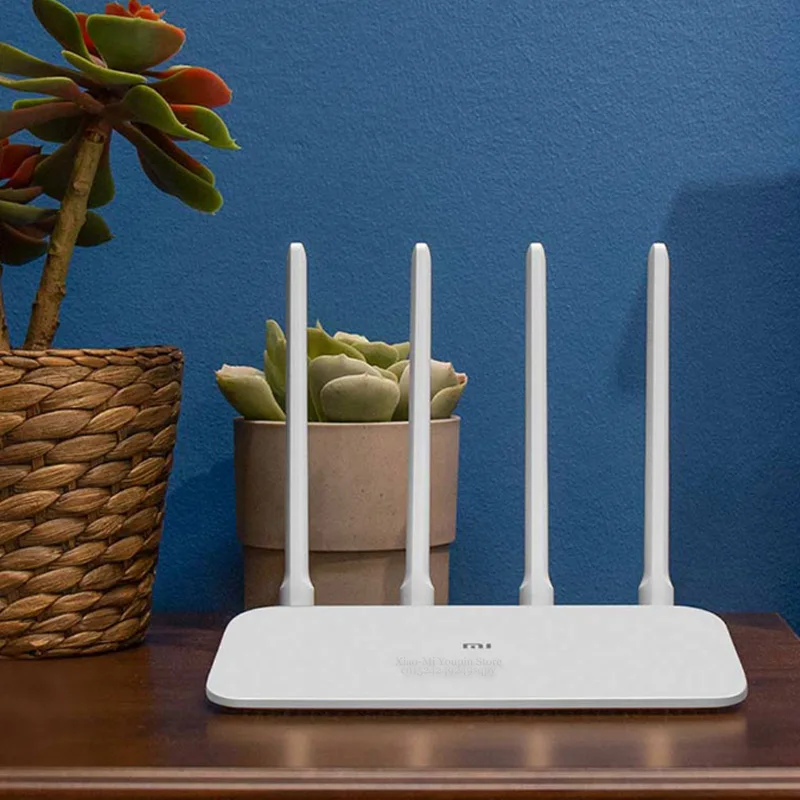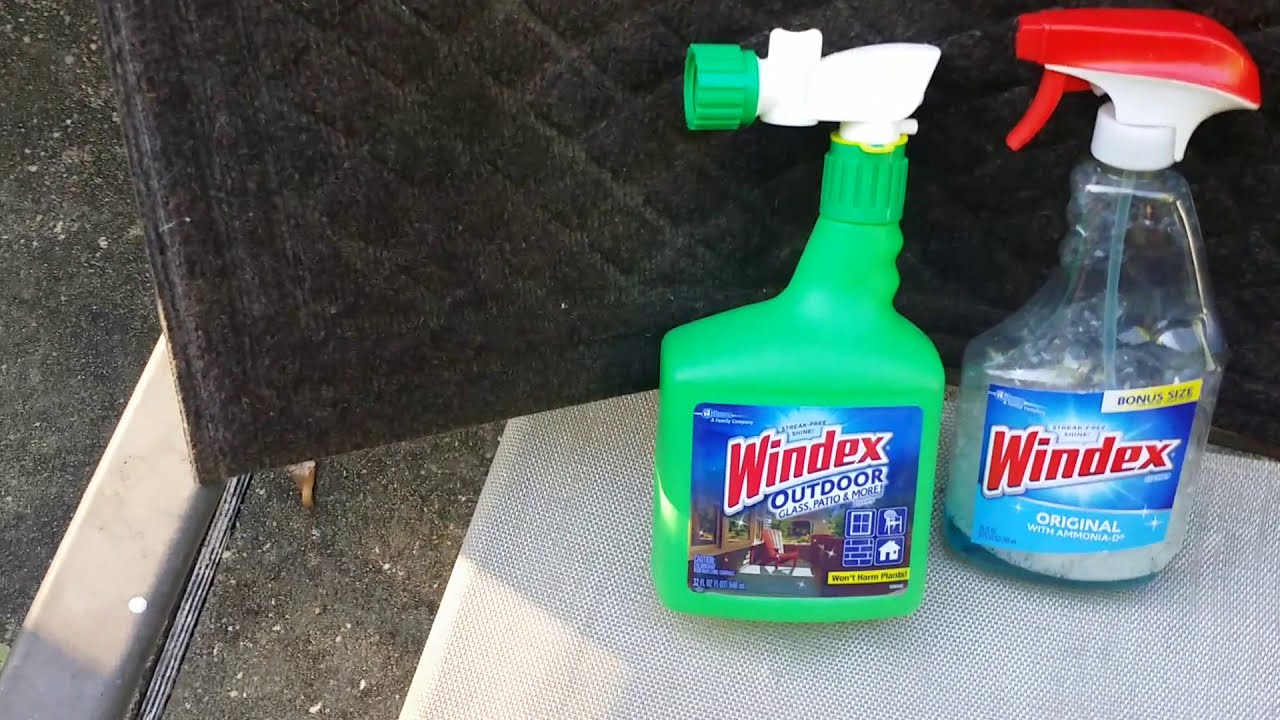

This coloration is from the plant based items in the product, not any added dye. Natural cleaners may have a hue that is not completely clear (usually slightly blue or green). The color is simply added to make the product more appealing to those who like that. If you choose a clear cleaner it will work no better or worse than the dyed version of the same product. Just like scent, it’s just a matter of preference - do you prefer a clear glass cleaner, or do you want the liquid to have some color? The color of a cleaner is just that: color. Contrary to what some believe, unscented glass cleaners are highly effective, too. If you don’t want to give up that “clean” smell, but want a more natural choice, find glass cleaners including natural fragrances like green tea and lime. The smell indicates the alcohol has evaporated into a gas. The clean smell that many people associate with traditional glass cleaners comes from some of the alcohols included in the ingredients, which naturally smell sweet. Using a spray bottle cleaner may require more elbow grease on your part because of the larger droplets of liquid. The droplets will not be as fine as those emitted from an aerosol can, but you will not have the other gases involved in using an aerosol can.

If you are concerned about the negative effects of aerosol cans on the environment, be aware cans sold in the United States are not allowed to emit the ozone depleting chlorofluorocarbons (CFCs) you may have heard about in the past. A fine mist allows you to use less cleaner and more easily wipe the window clean, preventing streaks. Glass cleaners come in both aerosol cans and spray bottles.Īerosol cans offer the advantage of being able to spray a very light mist of the cleaner. They are also cruelty-free.īestReviews Key considerations Aerosol cans vs. Plant-based glass cleaners do not have any harsh additives like alcohol, fragrance, petroleum, or dyes. If you want the most eco-friendly choice that is also safer for your family and pets, choose an all-natural cleaner, like the Seventh Generation brand found in most stores.

Plant-based cleaning agents are found in natural cleaners that contain no chemicals.It is commonly used to help as a solvent material in glass cleaners. It’s a very effective ingredient in glass cleaners, but too much exposure to it is not safe.
#Outdoor window cleaner free
It also evaporates quickly to help keep the surface free from streaks.īutyl glycol, or ethylene glycol butyl ether/2-butoxyethanol, is the chemical found in Windex. It is often used because it can dissolve the types of oils and grease often left behind by fingerprints. Isopropyl alcohol is what you probably know as rubbing alcohol.

Some concentrations are deadly, so we recommend avoiding ammonia or using a face mask when you use it.Īlcohols are another effective cleaning agent that many cleaners use instead of ammonia. High exposure to ammonia can cause respiratory problems like coughing or irritation in your nose or throat. It is very effective as a cleaner, but has risks. It may be listed as ammonium hydroxide, which is watered down ammonia. Cleaning agentsĬommon types of active chemicals in glass cleaners include ammonia and alcohol, but you can also find chemical-free, all-natural glass cleaners.Īmmonia is a very commonly produced chemical and is used often in glass cleaners. Alkaline materials help the product evaporate completely off the surface of the glass. Alkaline chemicals are oil dissolvers and help the glass release sticky prints and smudges which usually repel water alone. Glass cleaners usually have alkaline materials with a high pH. The cleaning solutions in a good glass cleaner will evaporate quickly to prevent streaking. Simply spray or saturate a cloth with glass cleaner, wipe carefully, and you’re done. The cleaning agents in glass cleaners can dissolve the oils and dirt that get stuck on glass, and that other cleaners can’t quite get “invisibly” clean. You won’t get sparkling clean glass with basic soap and water. Besides aesthetic reasons, glass should be cleaned regularly to prevent permanent staining and damage from elements like rain, snow, and pollution.


 0 kommentar(er)
0 kommentar(er)
